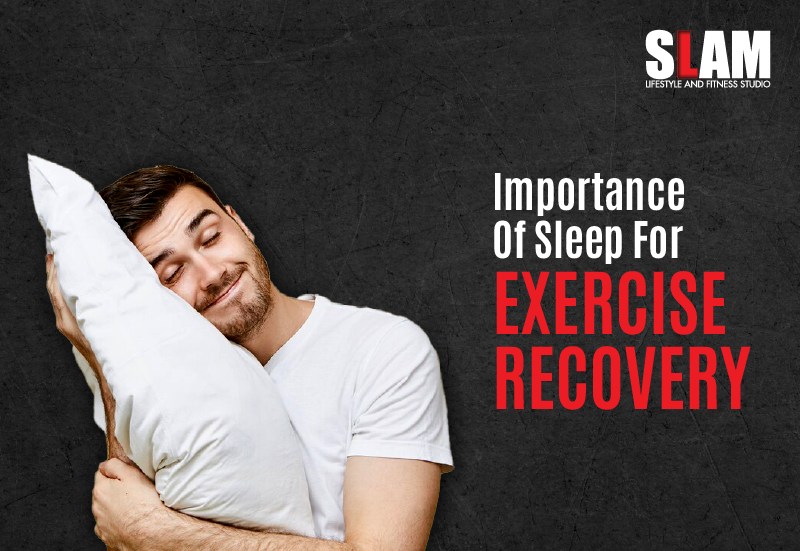Introduction
It is pretty apparent that regular exercise is good for your body, mind, and health. It gives you more energy, builds lean muscle mass, lowers your chance of developing certain diseases, and aids with weight management. Additionally, it enhances your mood and lengthens your life. Additionally, it causes your body’s blood flow and elasticity to grow.

Amazing, isn’t it? All that’s left to accomplish is determine how exercise and gym sessions help you reach your optimum level of health. The good news is that you have numerous possibilities for exercising. You will therefore have a wide range of options to consider in order to select the workout that is best for your body.
The advantages of working out and exercising in the gym are infinite, ranging from cardio equipment and fitness classes to strength training and other recreational activities.
But there are some people who would feel that the desired results are not achieved despite putting so much effort. There are a few reasons why you aren’t seeing any results from workouts. Five important ones are discussed below.
Reasons why you aren’t seeing the results
1. Over Training

You could fall victim to the “stress hormone” if you exercise too frequently and vigorously. Exercise causes your body to produce more adrenaline, which is a natural and healthy response. Your stress levels will remain high if you don’t give your body adequate time to recuperate after intensive exercise sessions, which increases your risk for weight gain and insomnia.
Exhaustion can result in poor performance, unmet personal goals, and injured muscles, ligaments, and joints in addition to physical and emotional exhaustion. There is overtraining, which can be holding you back. There are three straightforward techniques to determine whether you are overtraining: You work out for too long without allowing your body a chance to relax and recover from any muscle and tissue damage.
You constantly push yourself too hard in the pursuit of quick, noticeable results. Not to mention, you don’t provide yourself with enough nourishment to match the more intense levels of exercise. If you follow the advice given above, you are definitely overtraining.
It’s not necessary to spend the entire recovery period on the couch. Instead, try active recovery: Include low-impact exercises like yoga classes or walks in your training schedule.
2. Lack of healthy food

Even the finest fitness regimen cannot compensate for a poor diet. Your body requires the right nourishment to function properly. It’s important to eat food that energises you so that you can exercise. And even though any specific form of diets or other forms of restriction is recommended, there are some nutritional guidelines that can help you speed up your metabolism:
- You should consume at least 50% of your daily calories from plant-based sources.
- Ensure that you consume enough protein. This will maintain the strength of your bones and muscles.
- Give your body ample time to digest the stuff you eat. Prior to eating breakfast, attempt to fast for 12 hours or more after your last meal and wait at least 4 hours between meals.
Getting enough protein is vital for muscular growth. According to study, even if you lift heavy weights, you won’t have enough protein to provide your muscles the building blocks they need to grow more.
3. Following the same workout routine

Without making regular changes, sticking to the same exercise programme might raise your risk of injury and cause performance or weight loss peaks.
Your body gets incredibly proficient at a workout if you repeatedly perform it at the same intensity.
Although it may sound good, this could harm your metabolism. Why? You burn less calories if your body is “very efficient.” This is particularly valid for steady-pace cardio exercises.
In addition, performing the same exercises repeatedly increases your risk of developing muscle imbalances, which over time might result in overuse problems.
Additionally, too much cardio might lose muscle mass and burn muscle. The body may begin to burn muscles for energy during strenuous exercise sessions lasting 90 minutes or more, which is the reverse of what you want to happen when trying to reduce weight.
Instead, you can try something like this. If your primary exercise is cardio, add weight training. Make sure you periodically alter up your exercise choices and include balance and core exercises.
4. Setting unrealistic goals for a short period of time

When we first begin exercising, we are motivated and feel good, so it makes sense that we will aim high. However, we need exercise caution because that hurdle might be too high for anyone to clear. You might be disappointed, which is normal, if you believed you could get shredded in two weeks or learn to do a handstand in a few days. Therefore, the first step is to ensure that your goals are reasonable and doable given your level of fitness.
Beginners will typically see rapid growth at first, but as they approach the boundaries of their genetic potential, progress will reportedly decline.
However, if a person had previously been in shape but had stopped working out, muscle memory would allow them to make progress more quickly.
Everyone has limitations, but they can get better, stronger, and fitter than they are, and aim to get closer to those limitations to be the best version of themselves.
5. Extra stress

We are aware that exercise can assist to relieve stress, but we frequently overlook the negative effects that stress can have on your exercises. Even the most committed and fittest athlete might experience disruptions in today’s long, hectic world with blurred lines between personal and professional obligations.
Additionally, it makes muscles more tense, which can lead to injuries. Additionally, it interferes with your focus, eroding the crucial link between your mind and body. Finally, it makes you more hungry, defeating your best-laid plans to eat healthier.
Bottomline
If you have just begun your fitness journey and feel that you don’t see any results from your fitness regime, there could be several reasons. The article above would have given a clear idea of the same.
To avoid these mistakes it is highly recommended to seek help from professional trainers who can help you achieve your fitness goals without making any mistakes that might cause you physical injuries or hindrances in your fitness journey.
SLAM Fitness with several branches across Chennai is well equipped to help every individual reach their fitness goals with proper guidance. To learn more about SLAM fitness, click here.
FAQs
How long should I spend at the gym?
The World Health Organization advises engaging in moderate-intensity exercise for 150 minutes, or 30 minutes, five times per week. While majority of individuals think that they should exercise for hours in the gym to gain an ideal gym body.
What workout should I do first?
Cardio should be your first priority of your main objective is to reduce body fat or improve your aerobic endurance. Strength training should come first if building muscle strength is your main objective.
What to eat before gym?
Greek yoghurt with some fruits and bananas with peanut butter make healthy snacks to eat 30 to one hour before working out. Oats, protein drinks, bananas, whole grains, yoghurt, fresh fruit, and other foods can make excellent pre-workout choices.



